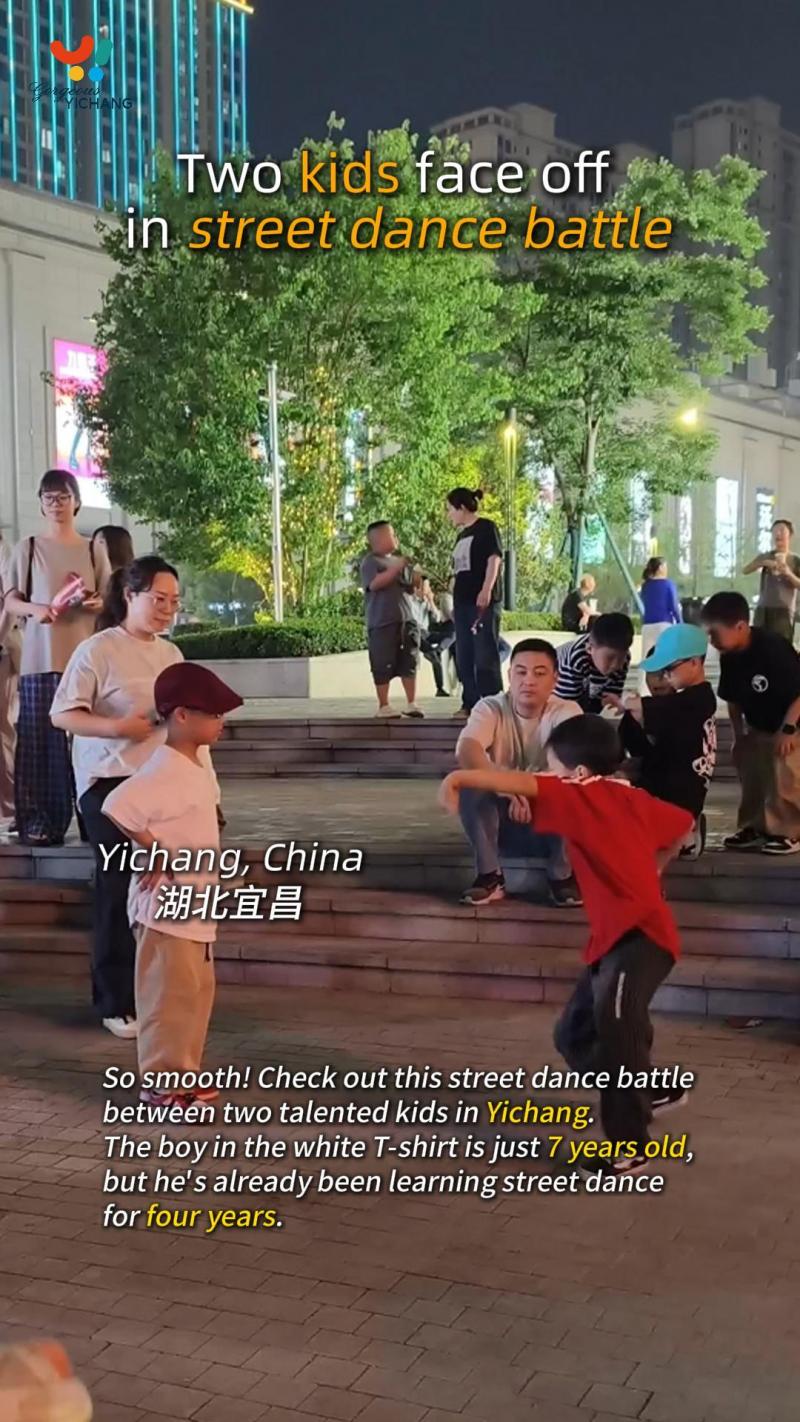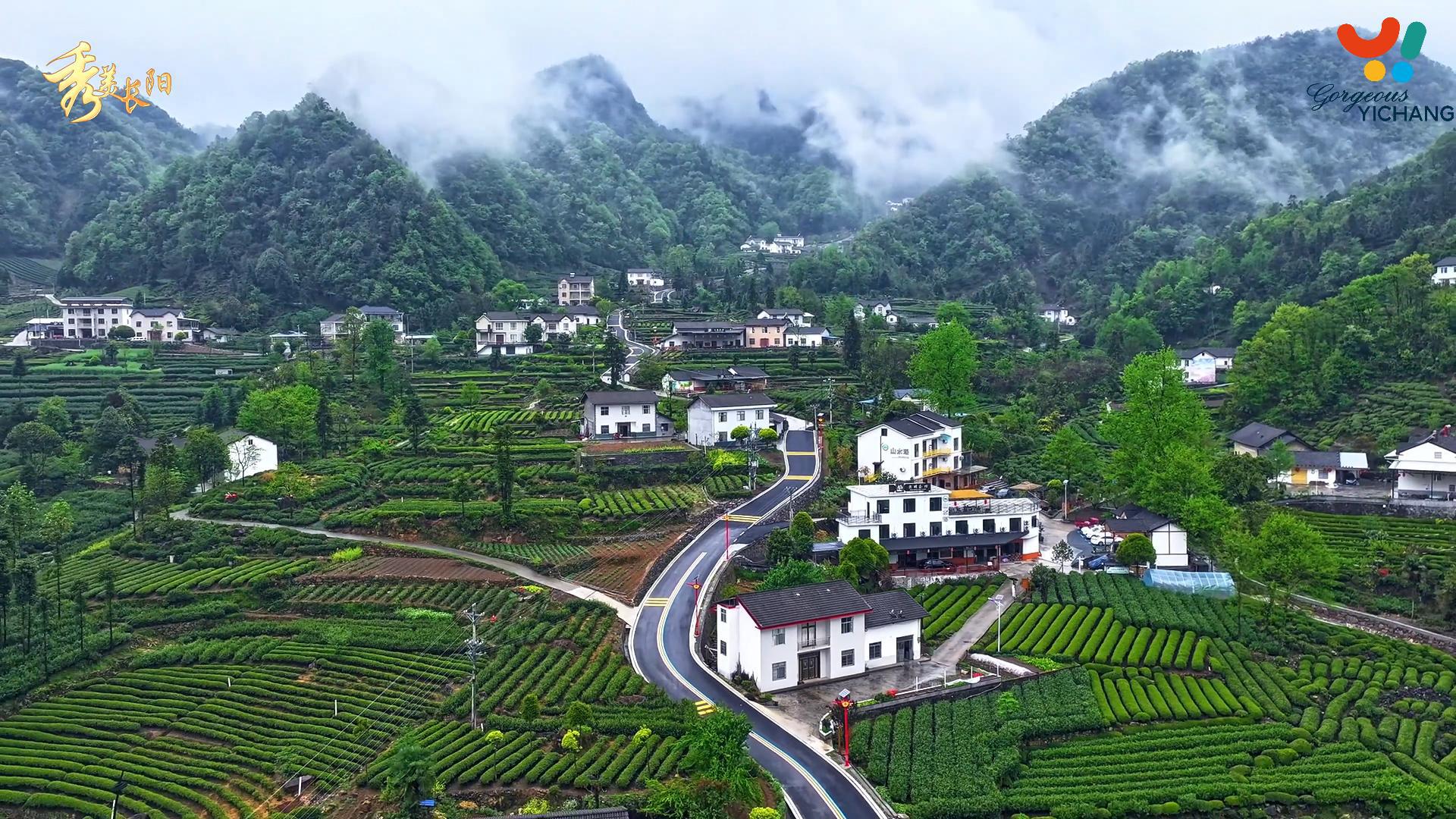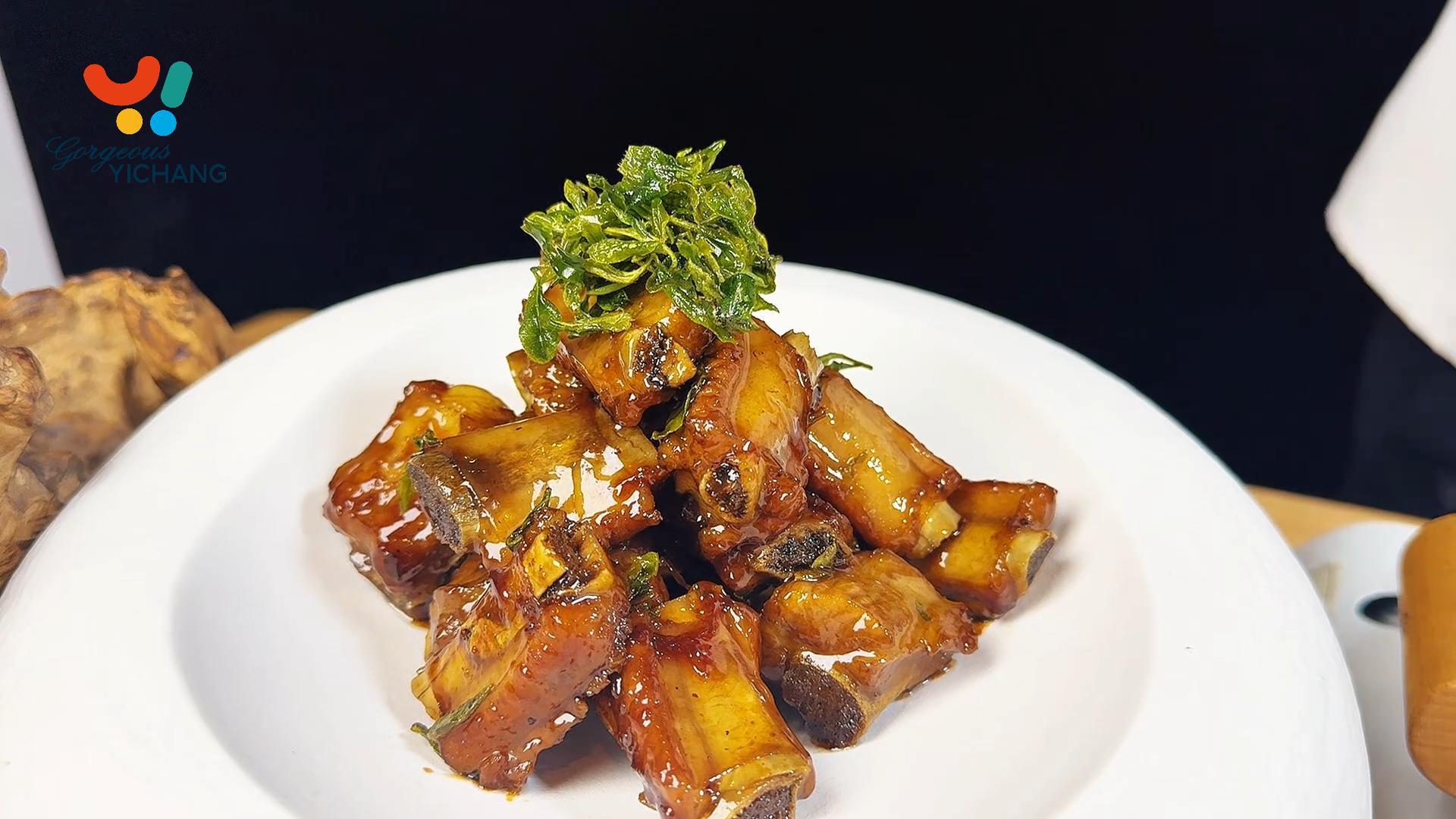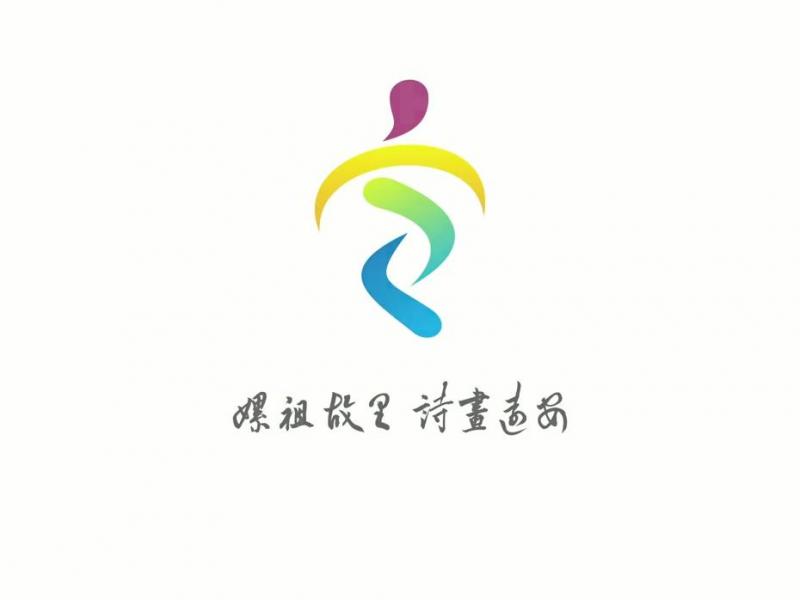From waste to wealth: Technology enables green agriculture
2025-03-23 19:03:33
By Yan Wanqin.
A company specializing in processing fruit and vegetable waste began trial operations in Yichang on March 18, marking a significant step toward establishing a national model for recycling these materials.
A company specializing in processing fruit and vegetable waste began trial operations in Yichang on March 18, marking a significant step toward establishing a national model for recycling these materials.
 An aerial view of Yichang Yongda Low Carbon Development Biotechnology Co., Ltd.
An aerial view of Yichang Yongda Low Carbon Development Biotechnology Co., Ltd.At the Yichang Yongda Low Carbon Development Biotechnology Co., Ltd. workshop, workers mixed pomace with organic waste such as straw powder and peanut shells, transforming it into organic fertilizers.
In another workshop, pomace underwent various processes, including crushing, extrusion, enzymatic hydrolysis, and solid-liquid separation. The solid part becomes organic fertilizer, while the liquid is processed into multifunctional water-soluble fertilizer.
The company sources its raw materials from the Anfusi Food Industrial Park, located 8 kilometers away. As the largest food processing park in Yichang, it faced significant challenges in disposing of large amounts of fruit and vegetable waste.
The trial operations at Yongda Low Carbon have effectively addressed this issue. Trucks transport pomace and pectin from citrus processing factories to the facility, where they are sorted and processed into valuable products.
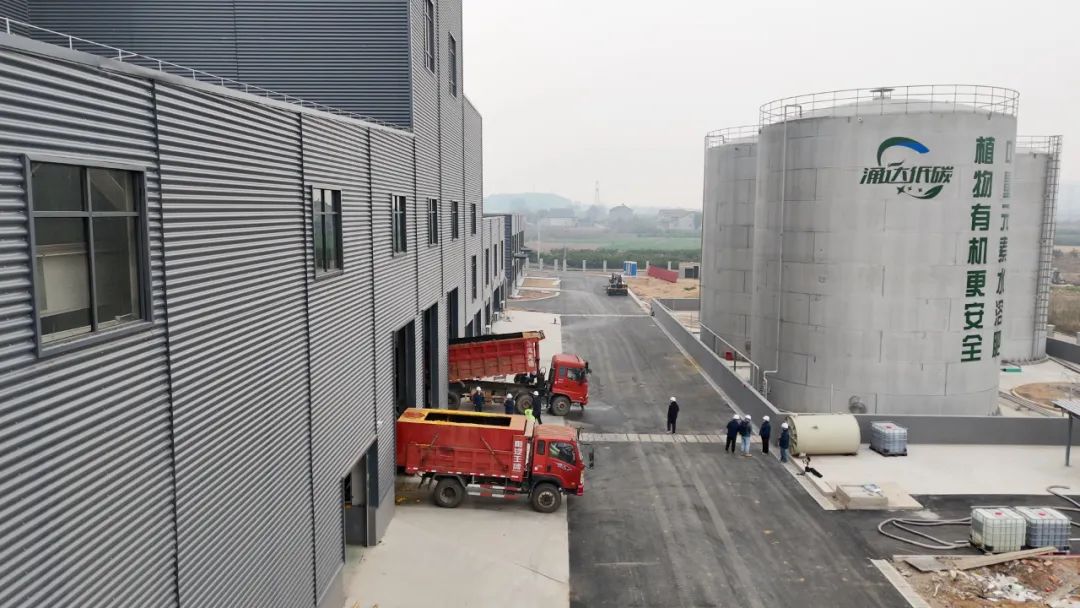 Two trucks unload pomace and pectin at Yongda Low Carbon.
Two trucks unload pomace and pectin at Yongda Low Carbon."The two production lines are running at full capacity, with intelligent and clean operations throughout the entire process," said Li Li, chairwoman of Yongda Low Carbon.
The company can process 450 tons of pectin and pomace daily, with an annual capacity of 90,000 tons. This results in the production of 25,000 tons of organic fertilizer, 10,000 tons of biological fertilizer, and 17,000 tons of multifunctional water-soluble fertilizer, all sold nationwide.
These achievements are bolstered by advanced technology. The company collaborates with Zhejiang University, the Hubei Academy of Agricultural Sciences, and other research institutions, introducing cutting-edge techniques like enzymatic hydrolysis and powder spray drying, which significantly enhance treatment efficiency and resource utilization.
"The spray drying technology quickly evaporates water from pectin and pomace while retaining organic matter and nutrient content, resulting in high-quality organic fertilizer," Li said.
Within the park, a brown-red experimental field stands out.
"We applied the first batch of the company's organic fertilizer to this field to test its effectiveness by growing fruits and vegetables," Li explained. The company also developed fertilizers tailored to local agricultural conditions to help farmers improve crop yield and quality.
Li stated that they will continue to strengthen technological innovation, expand their scale, diversify product types, and enhance the added value of their products.
Fu Jiangshan and Liao Mengmeng contributed to this story.

